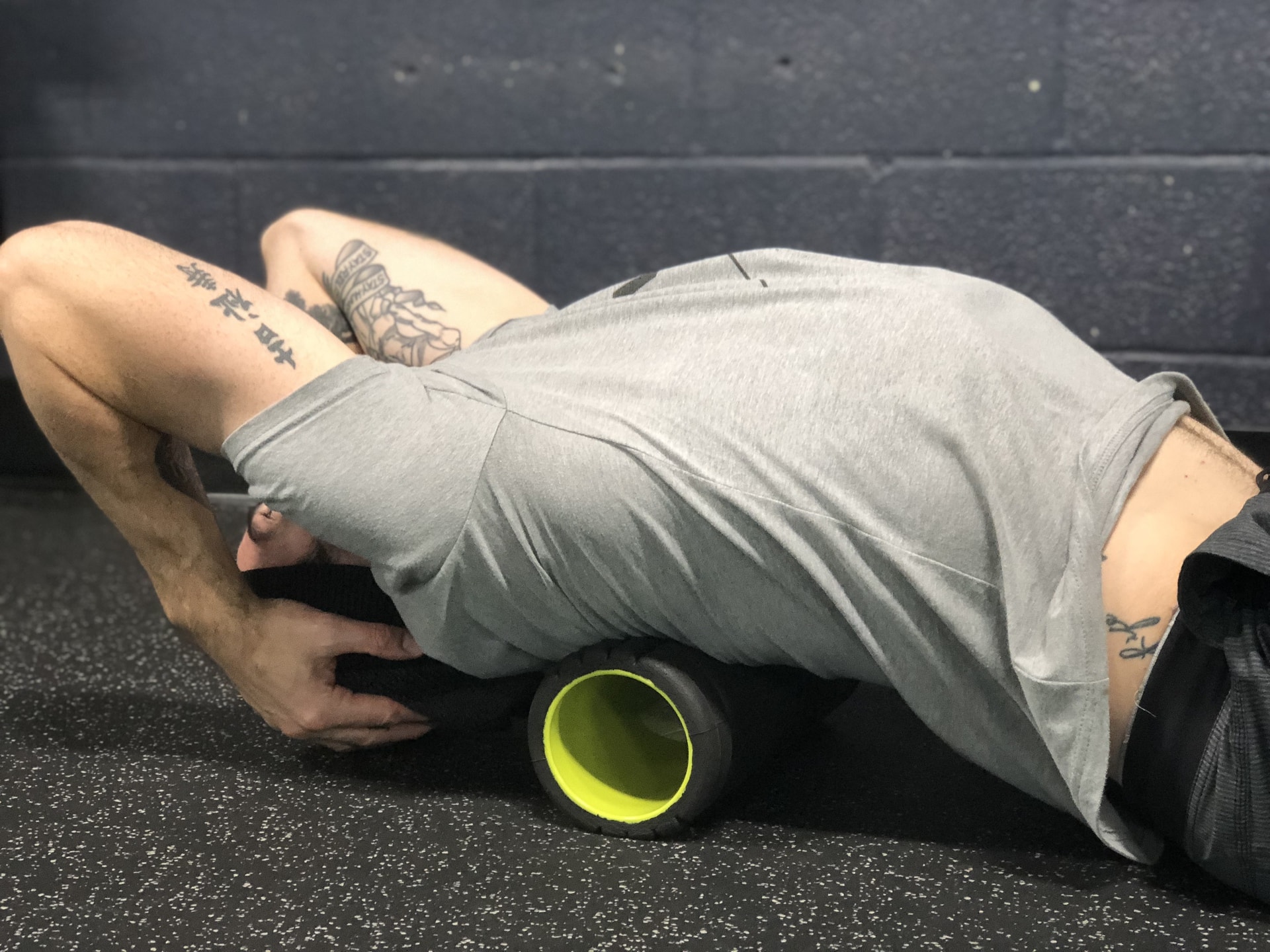It’s time we address the overwhelming population of fitness enthusiasts who push (and often cross) the line between “healthy” and “excessive”. Excluding professional athletes and elite competitors training for their respective sports, the practice of skipping rest days or implementing two-a-days is not only unnecessary, it’s damaging.
Recovery is equally as important as the actual workout itself, as it plays an integral role in the process of building strength and stamina. Particularly in relation to strength training, exercise breaks down body tissue. Many people incorrectly assume that muscle growth, PRs, and weight loss (or whatever the goal may be), occurs during the act of exercise…but after seeing all too many clients come through our doors 7 days in a row, or having come straight from cycle class, or planning to “squeeze in” a 10 mile run later, we (not so) apologetically feel obligated to correct this assumption. Our muscles actually grow when they’re not expending intense bouts of energy. Thus, we undergo the training-related changes we seek when we are NOT exercising.
When you power snatch a dumbbell, swing a kettlebell, or drop it low with a barbell stacked across your shoulders, you create tears in your muscle fibers and connective tissue, and place significant stress on your nerves, joints, and bones. Prescribing doses of this kind of stress is only beneficial to our fitness goals and long-term health if we allow our muscles to repair. When we train past our bodies’ ability to recover, we trigger an excess release of cortisol (our stress hormone). The role of cortisol in recovery is complex, but for simplicity’s sake, understand that an exercise-induced cortisol imbalance is not only a recovery death wish, but it also hinders other efforts, such as weight loss. Moreover, introducing more stress than we can physiologically handle can (and will) result in overuse injuries. So no, your cue for a rest day isn’t the point at which you’re already feeling aches in your lower back. Alternatively, implement a dedicated recovery schedule to get in front of that muscle strain and (hopefully) avoid it altogether.

There are several reasons people over train; however, we find the following two to be the most common amongst you MADones:
- “Workout guilt” – or, more trendily referred to as “gym FOMO” – is very real. You train every single day because you genuinely love it. You might even contemplate a day off, but then you see your friend’s Facebook post about “today’s killer workout”, and you just can’t help yourself. Don’t get us wrong – we love you for loving our program so much – but it’s time for some tough love. We’re here to tell you to chill. the. f**k. out. You put your body through the ringer on our floor, so it’s time you start repaying it with some tender loving care. Nourish your body with some proper fuel (eat up!) and rest. Are you the type that can’t stand a true rest day? Quality time with your sofa just not in the cards for you? That’s fine – we’re all about some active recovery. Go on a walk. Take a restorative yoga class. Flush the lactic acid with an easy bike ride. You can definitely still get some movement in without compromising the benefits a “rest” day.
- You had a big, indulgent weekend. Maybe you had a big week. Hell, maybe you’ve been treating your body like a dump truck for a while now and you’re just not feeling your greatest (no judgment – we’ve all been there). Your solution is to force several workouts per day to “make up for it.” MADabolic in the morning, cycling at lunch, and maybe even a long run after work if you get home before the sun goes down. Sigh. This scenario makes us sad. This (not) just in: you CANNOT out train a poor diet. Instead of beating yourself up (and your central nervous system down with an insane workout schedule), acknowledge that life happens. It’s perfectly okay (and healthy) to enjoy life’s indulgences. So ditch the guilt, commit to nourishing yourself with real/whole foods, and follow a regular (not to be mistaken with psychotic) training regimen. Two or three days on, one day off. You’ll be far less likely to burn yourself out, and won’t break your body down in the process. Cool? Cool.
It oftentimes takes more discipline for us to rest than to sweat. We get it. Even your trainers have to battle the FOMO and remind themselves to take a day off. Check out our recommended “Perfect Week” for some inspiration on our idea of a solid training schedule. Once you shift your mindset to include rest as a part of your training, you’ll surprise yourself with how much better, faster, and stronger you’ll feel on the floor.

